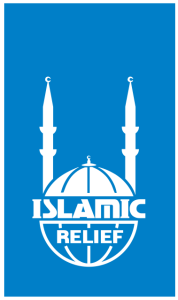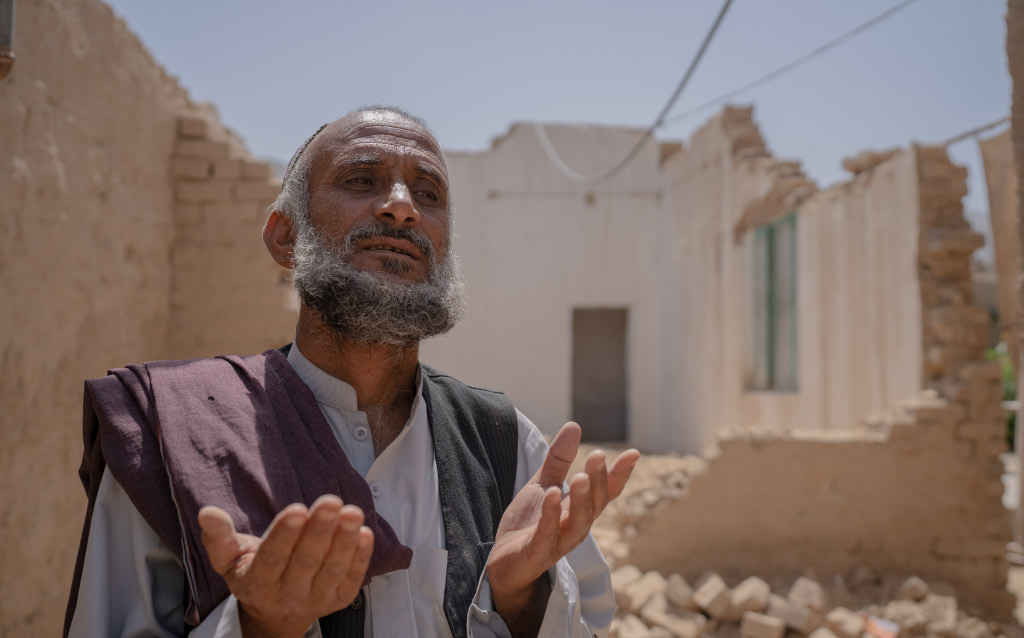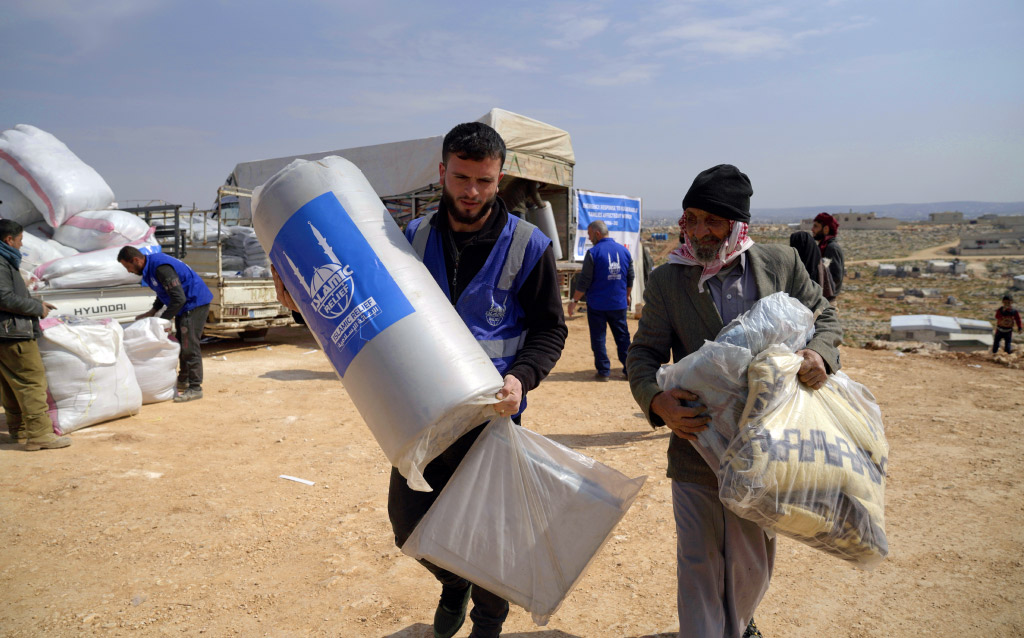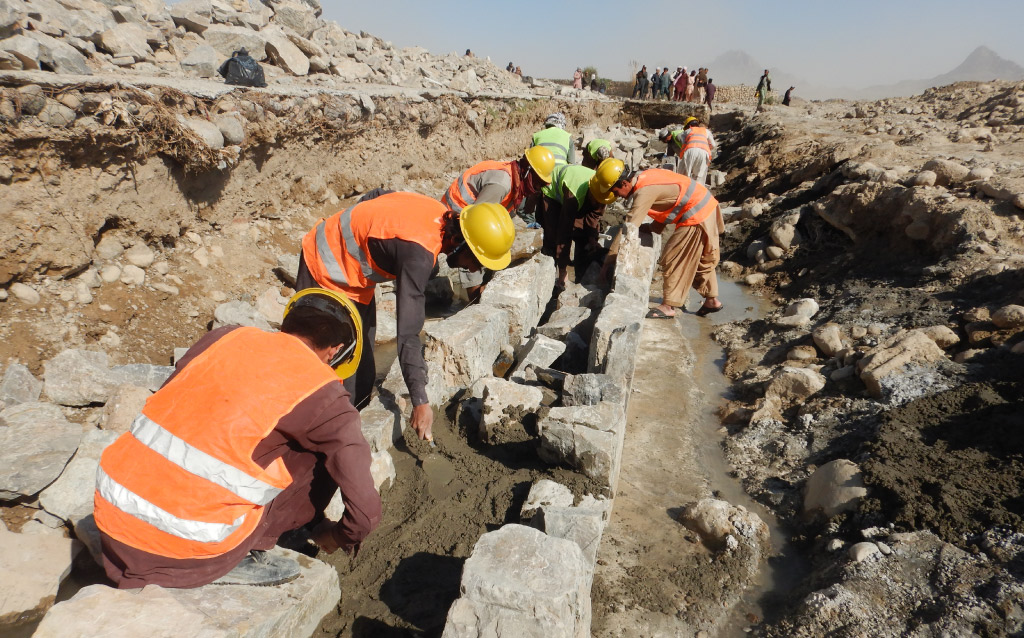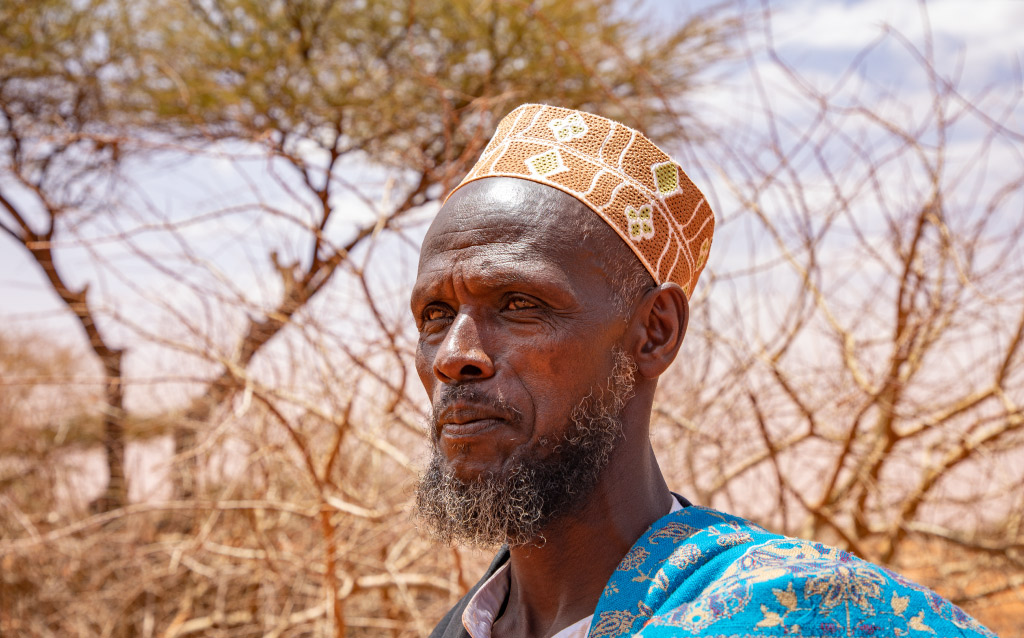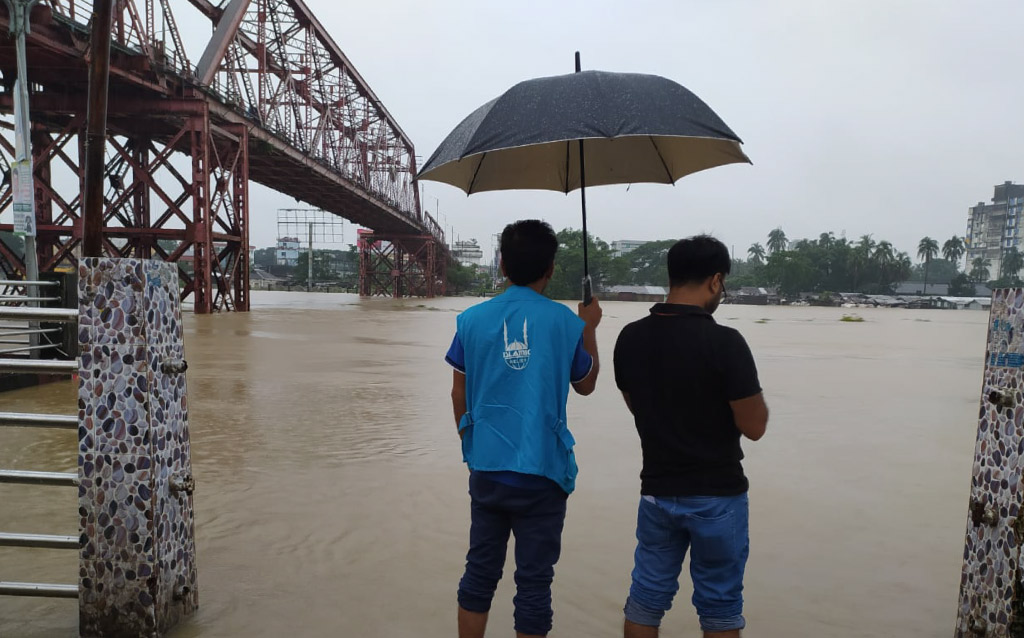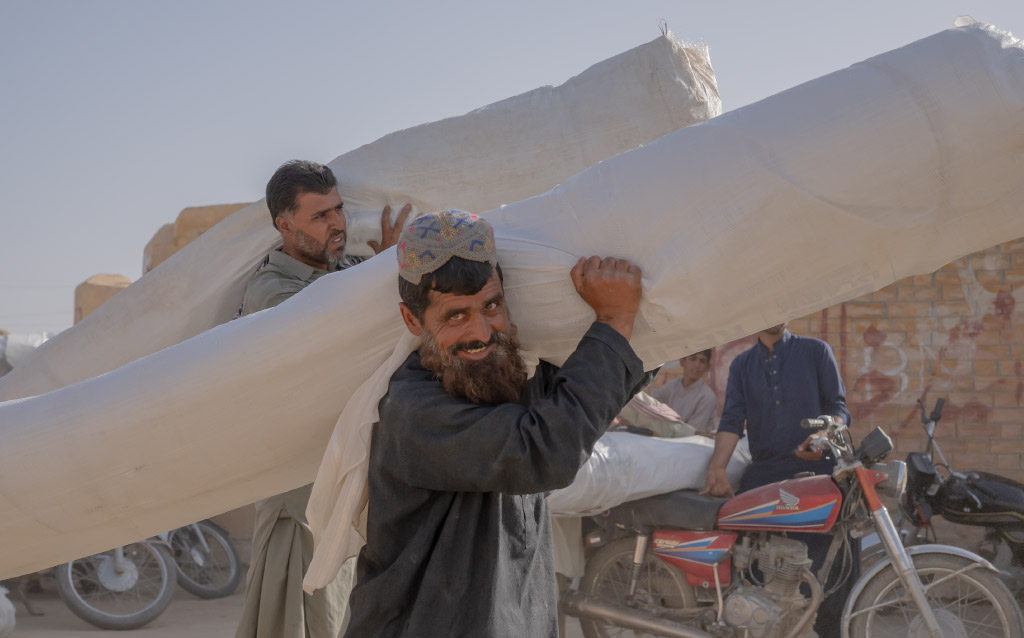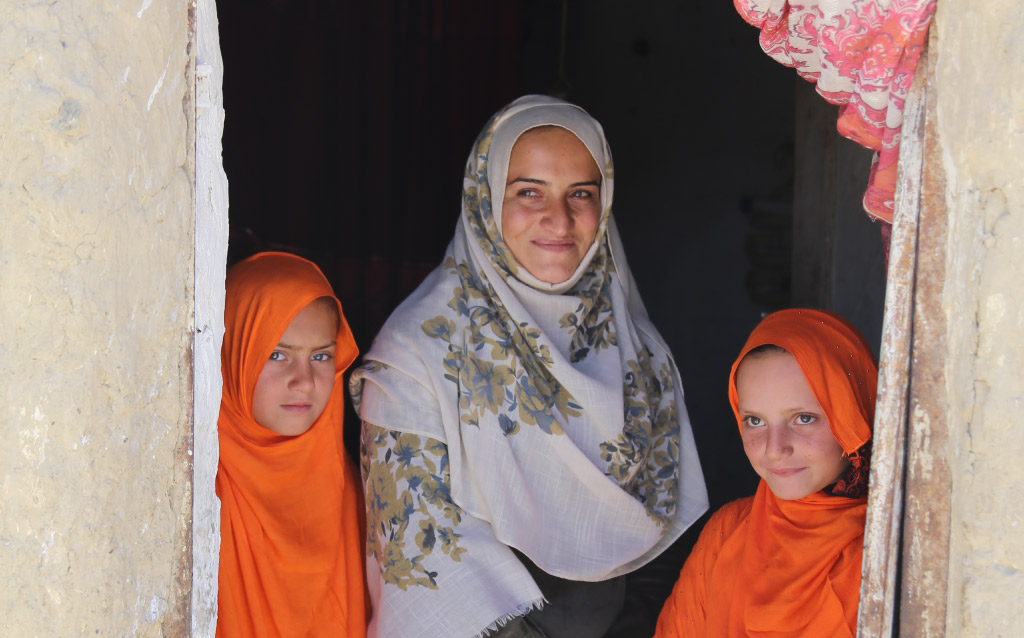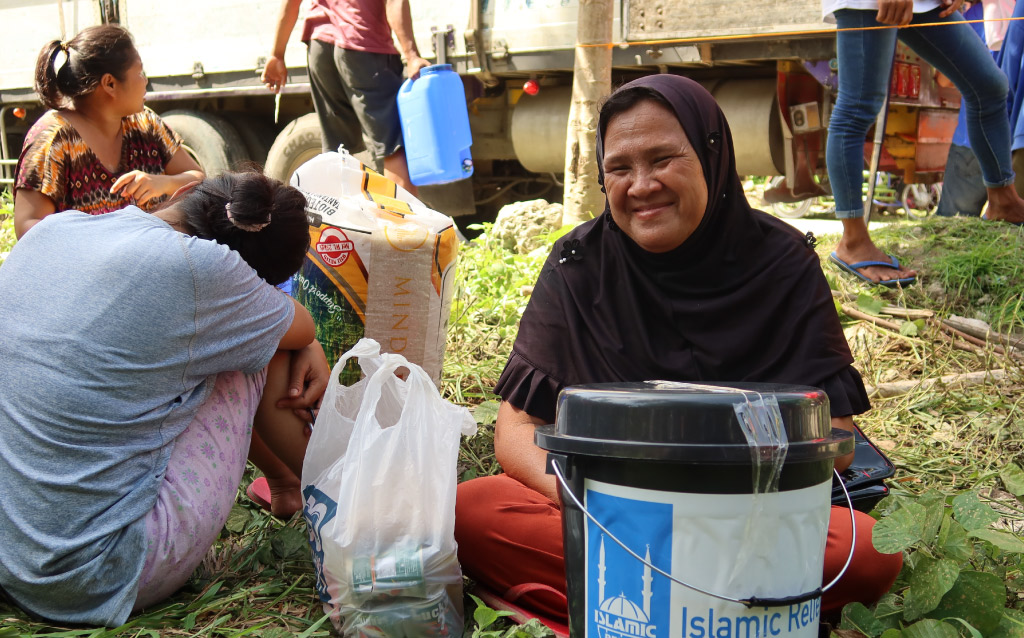This month communities in Balochistan, Pakistan, suffer heavy monsoon rains and flash flooding. Over 180 people lose their lives and hundreds more are injured. Homes, buildings, farms and livestock are destroyed. Communities are also having difficulty accessing clean drinking water and are at risk from waterborne diseases. In Quetta, the provincial capital, and in other communities, Islamic Relief emergency teams are on the ground providing 3,000 families with cash grants which they use as they wish to cover their most essential needs. Islamic Relief also works with local government to support relief efforts.
“The planes bombed the hospital, which was evacuated, [but] I remained, alone with my children, weeping in fear. I refused to leave until the blood transfusion ended, and then we miraculously got out from among the wreckage,” says Umm Hammadi, 42, recalling an attack on the Syrian hospital in which her four children were being treated for thalassemia. Now living in a camp in northwest Syria, the family are among over 570,000 people reached by our health interventions in the country in 2022. Altogether, 14 health facilities receive drugs and medical disposables, as well as stipends and training for medical staff.
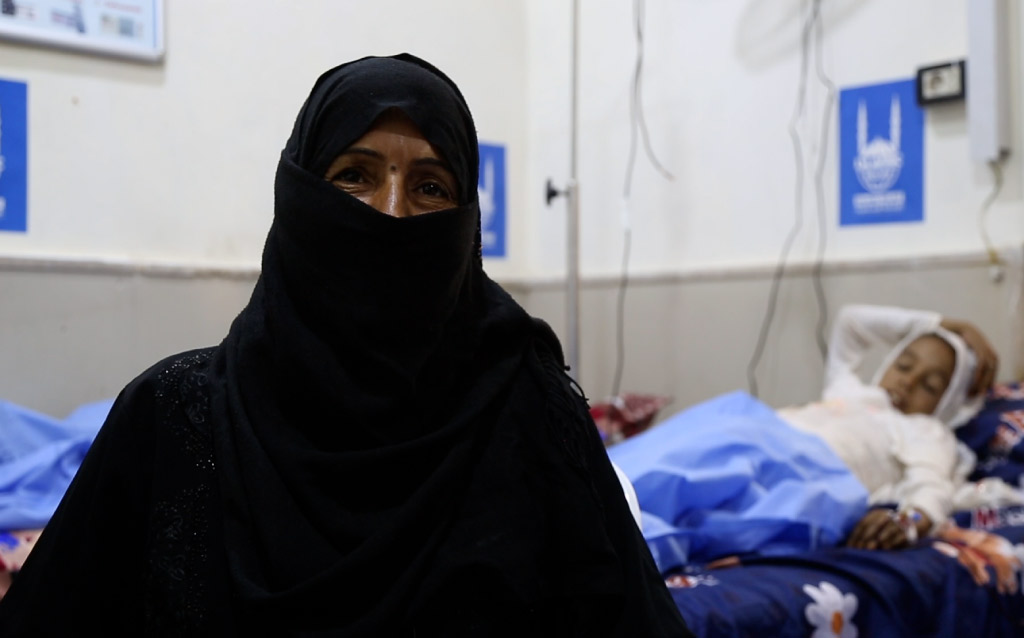

Boys in Sri Lanka collect qurbani meat provided by Islamic Relief in time for Eid al-Adha this month. Our qurbani distribution reaches over four million people across 28 countries and follows our largest ever Ramadan programme, which ploughed over £13.4 million into reaching 1.57 million people in 33 countries, including 23,000 people in Sri Lanka.
Disaster
We stand in sorrow and solidarity when children related to an Islamic Relief aid worker are among the civilians killed by an airstrike in Idlib, northwest Syria. Aged just two, four, five and eight years old, the children were at home when the bombs fell just after dawn.
Impact
While Islamic Relief has been providing life-saving aid since the start of the Syrian crisis, even after 11 long, harrowing years, we feel every tragic death just as acutely. In 2022 the humanitarian crisis remains one of the largest in the world: hundreds of thousands of people have been killed and more than 12 million individuals have been forced from their homes. By July 2022, over 85 per cent of the population needs humanitarian aid, almost everyone lives in poverty, and hunger is widespread and worsening.
Response
Islamic Relief’s response includes providing food aid, building permanent shelters for families living in makeshift tents, and improving water facilities. As poverty increases, we also support local livelihoods such as agriculture. We assist nearly 90 schools with books, sports equipment, and refurbishment; while the stipends we give enable teachers to continue their life-changing work with children. By the end of the year, we will have provided critical humanitarian aid and access to vital services to over 1 million people.

Boys in Sri Lanka collect qurbani meat provided by Islamic Relief in time for Eid al-Adha this month. Our qurbani distribution reaches over four million people across 28 countries and follows our largest ever Ramadan programme, which ploughed over £13.4 million into reaching 1.57 million people in 33 countries, including 23,000 people in Sri Lanka.
